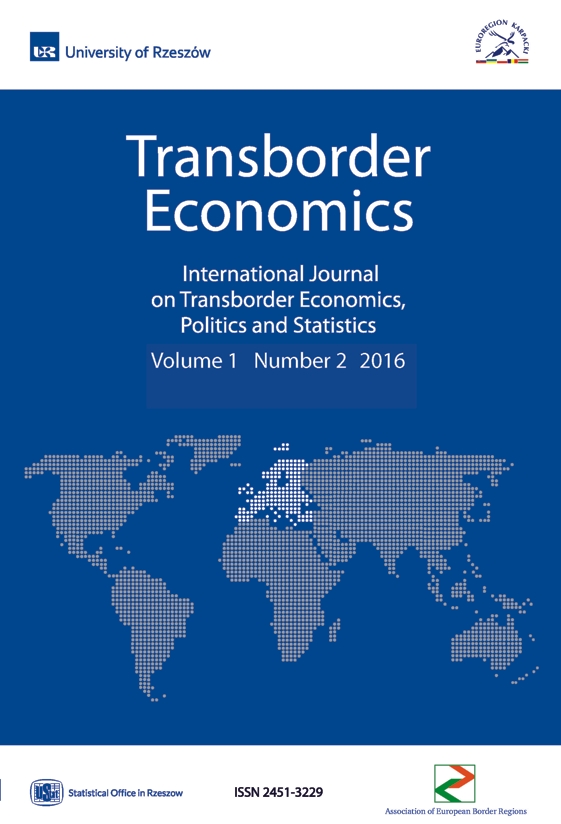Defending transborder integrity of official statistics and the independence of statisticians
Keywords:
20th Anniversary of the Resolution on Fundamental Principles of Official Statistics, independent statistical authorities, codes of practice, violations of ethical rules, transborder statisticsAbstract
The adoption of the UN Resolution on Fundamental Principles of Official Statistics in April, 1994, was a turning point in awareness by the international community of official statisticians and their stakeholders to defend the integrity of statistics and the independence of official statisticians. A few months after this adoption, William Seltzer presented ten modes of undermining statistical integrity in a famous UN/DESIPA Working Paper Series: Politics and Statistics: Independence, Dependence or Interaction. He also proposed factors contributing to maintaining this integrity.
Recently, in 2014, the UN Statistical Commission celebrated the 20th Anniversary of the Fundamental Principles, a few weeks after their endorsement as a Resolution on the Fundamental Principles of Official Statistics by the UN General Assembly. Since their adoption in 1994, further many other international or national organizations have adopted recommendations or codes of practice in line with the UNFP (IMF’s: SDDS and GDDS, DQAF; European Union: European Statistics Code of Practice; African Union: African Charter for Statistics). France and UK have created independent statistical authorities and many countries have adopted national codes of practice. But the UNFP remains the Mother of all these initiatives and has contributed to increase the data quality that is an important objective for the whole statistical community, both at international and national levels.
Unfortunately, during the last twenty-two years, the UNFP and the active suport by the international community (through the ISI for instance) could not stop several violations of the most basic ethical rules, including in countries once thought safe from such bad practices, or may endanger the independence of official statisticians, in particular the independence of chief statisticians. The paper will recall some of these cases and presents some proposals to safeguard independence of statisticians and integrity of statistics. Some responses to such bad practices may also be organized by statisticians themselves, often through the creation of active professional statistical societies or by using the international network of national statistical and organizing at international level “Clubs of Friends”. The role of the ISI Advisory Board of Ethics may be essential to suport statisticians in trouble or denounce bad practices. Strong links with users and medias are also important. National Statistical Councils represent one important component of the dialogue between producers and users of statistics and should be developed.
Downloads
Downloads
Published
How to Cite
Issue
Section
License
Copyright (c) 2016 TRANSBORDER ECONOMICS. International Journal on Transborder Economics, Finance, Politics and Statistics

This work is licensed under a Creative Commons Attribution-NonCommercial-NoDerivatives 4.0 International License.


